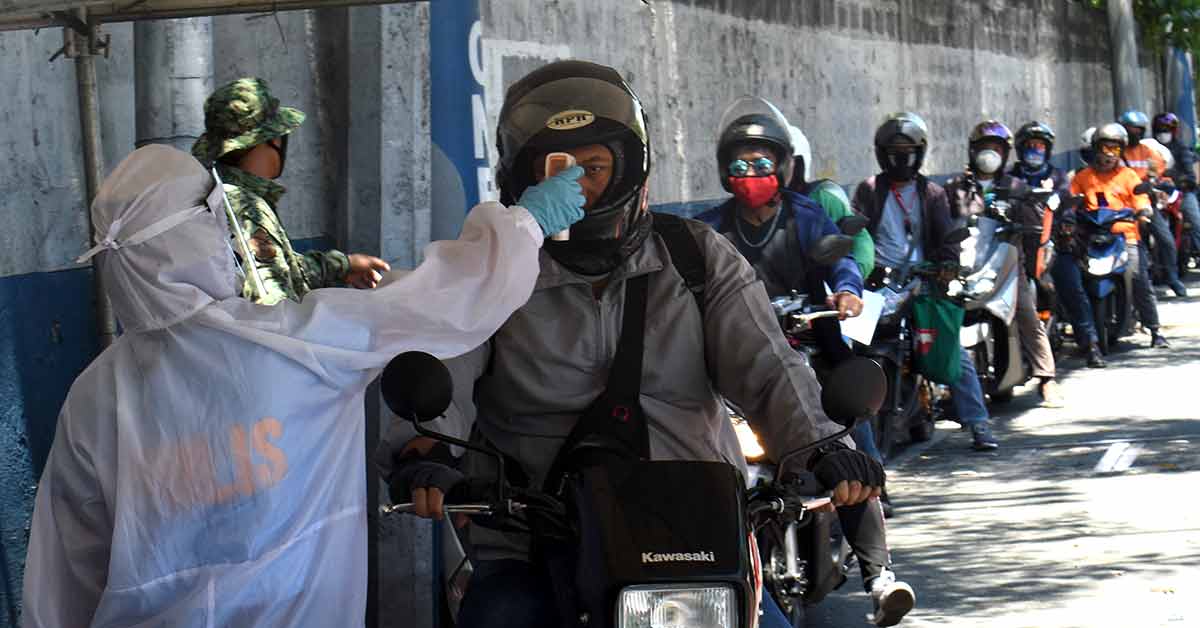More than 27 million people in the Philippines - about a quarter of the population - will go back into lockdown Tuesday after overwhelmed health workers warned the country was losing the battle against the coronavirus.
Since the beginning of June, when much of the country emerged from one of the world's longest stay-at-home orders, confirmed infections in the archipelago have increased fivefold, surging past 100,000.
The new restrictions announced by President Rodrigo Duterte late Sunday apply to the capital Manila and four surrounding provinces on the main island of Luzon.
For the next two weeks, public transport, including the ubiquitous jeepney minibuses, will be halted and domestic flights grounded to try and slow the spread of the virus, which has killed more than 2,000 people in the country.
People have been ordered to stay home unless they need to buy essential goods or exercise outdoors.
Only a limited number of businesses will be allowed to operate and restaurants will be permitted to do take-aways only.
"We really fell short. Nobody anticipated this," Duterte said, as he rejected calls for the Health Minister Francisco Duque to be sacked.
"Nobody expected that thousands will get sick on a single day."
The move comes after 80 medical associations representing tens of thousands of doctors on Saturday called for Duterte to tighten virus restrictions as hospitals, unable to cope with the influx of patients, turned people away.
On Monday, they welcomed Duterte's decision, saying it will give medical workers breathing room and buy time for the system to handle the surge.
The Philippines announced a record 5,032 new infections on Sunday.
More than 5,000 medical workers have contracted the virus - including 500 in the past week, health department figures show.
A total of 38 have died so far.
Grim Trajectory
The government has blamed poor compliance with virus restrictions for the sharp increase in infections which have been concentrated in Manila and the central city of Cebu.
In a bid to curb rampant local transmission, police have been deployed to force people who have tested positive for the virus and cannot self-isolate at home into government-run quarantine facilities.
Researchers from the University of the Philippines project the total number of infections to top 200,000 by the end of August.
Despite the grim trajectory, Duterte has been reluctant to reimpose a lockdown after the previous stay-at-home order took a heavy toll on the economy and threw millions out of work.
Data to be released on Thursday is expected to show the economy tumbled into recession in the first half. - AFP
